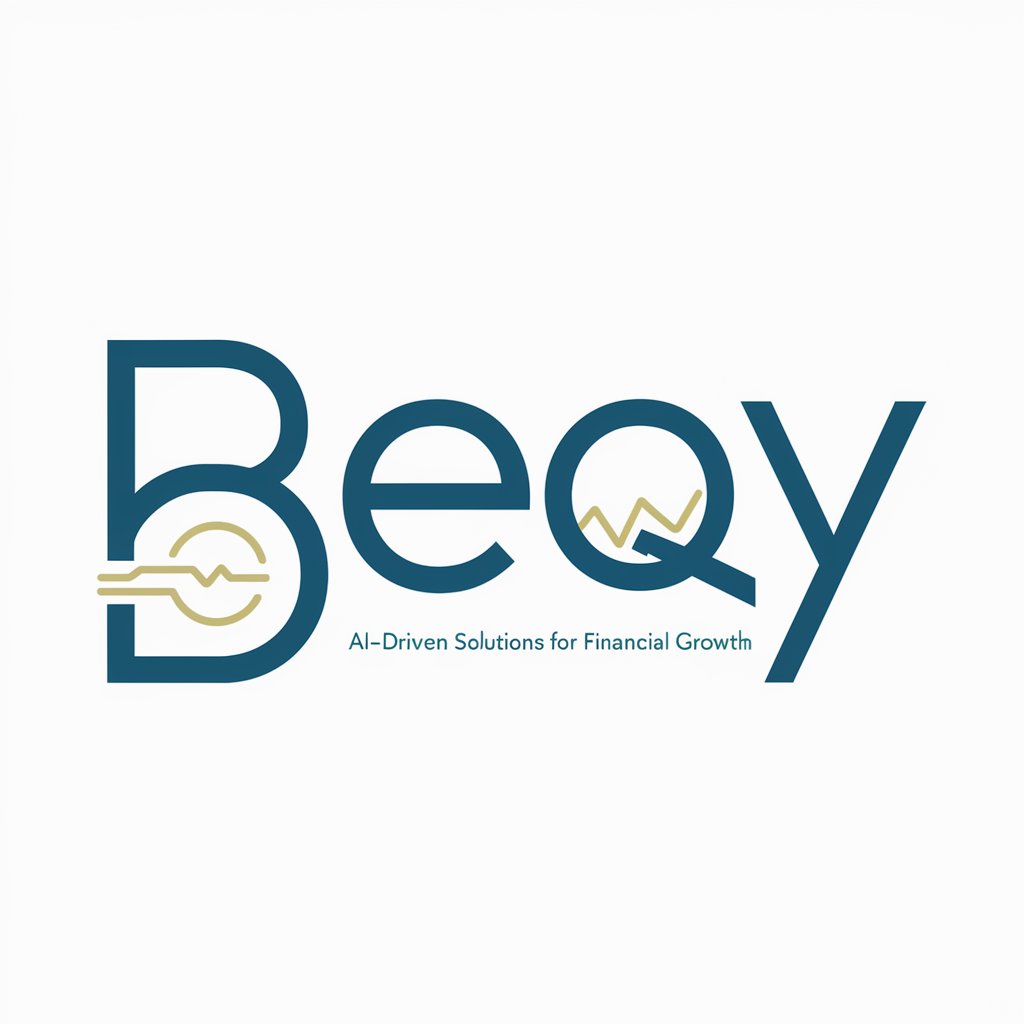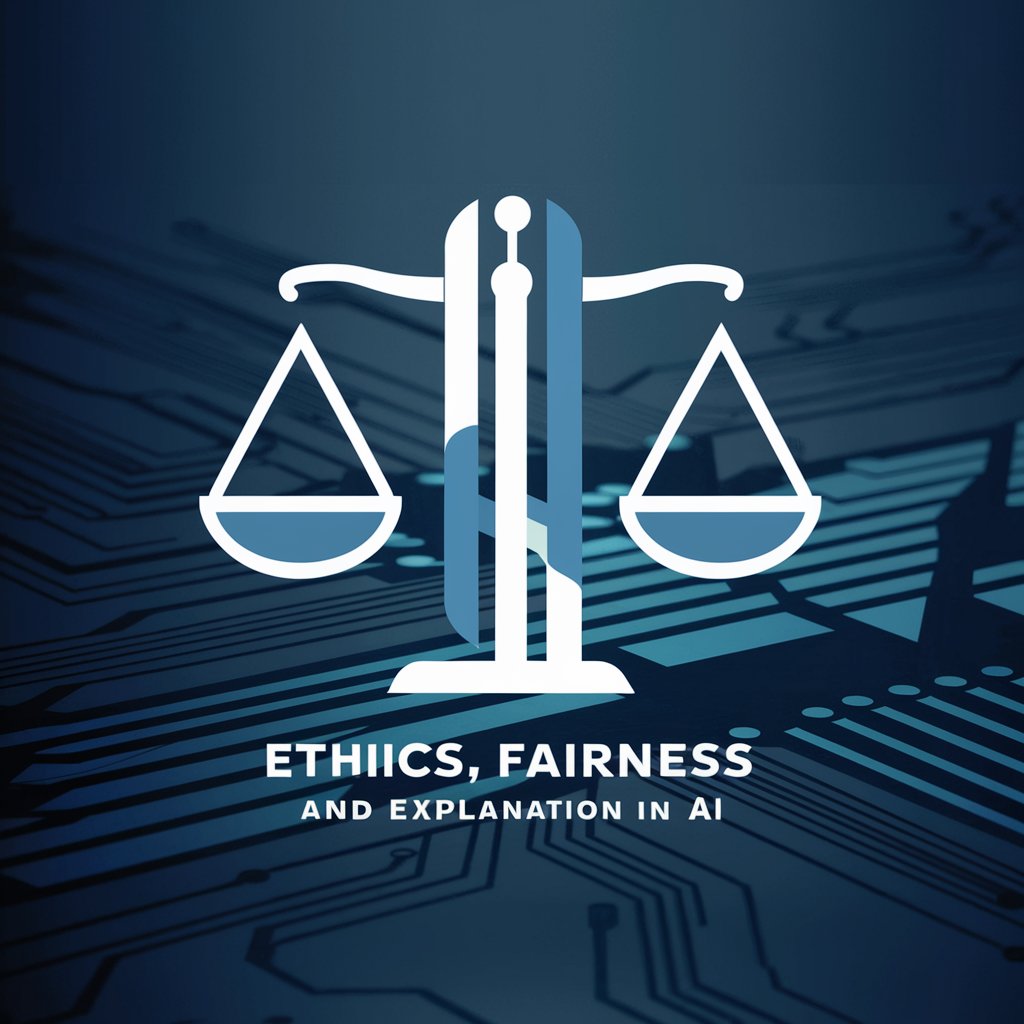4 GPTs for Credit Scoring Powered by AI for Free of 2026
AI GPTs for Credit Scoring are advanced tools that leverage Generative Pre-trained Transformers technology to analyze and predict creditworthiness. These tools are specifically developed to handle tasks related to credit scoring, such as assessing loan applications, predicting defaults, and offering personalized financial advice. By utilizing the power of GPTs, these AI models can process vast amounts of financial data, interpret complex patterns, and provide insights with high accuracy, making them invaluable in the finance sector for enhancing decision-making processes.
Top 4 GPTs for Credit Scoring are: Credit Risk Advisor,Beqy FinanceGPT,Ethics, Fairness and Explanation in AI,Credit Analyst Bot
Credit Risk Advisor
Empower Credit Decisions with AI

Beqy FinanceGPT
Empowering Business Finance with AI

Ethics, Fairness and Explanation in AI
Ensuring Fair AI Decisions

Credit Analyst Bot
AI-driven Credit Intelligence at Your Service

Key Attributes of AI Credit Scoring Tools
AI GPTs designed for Credit Scoring boast a range of unique features that make them particularly effective in the financial domain. Their adaptability allows them to be tailored for various complexity levels, from straightforward credit assessments to intricate financial risk analysis. Special features include advanced natural language processing for understanding financial documents, data analysis capabilities to sift through large datasets, and predictive modeling to forecast financial outcomes. Additionally, these tools often support technical integrations, web-based research, and can even generate reports or insights in a comprehensible language for non-expert users.
Who Benefits from AI in Credit Scoring
The primary users of AI GPTs for Credit Scoring include financial institutions, credit analysts, loan officers, and fintech developers. These tools are accessible to novices in the AI field, offering user-friendly interfaces that require no coding knowledge for basic functions. Simultaneously, they provide extensive customization capabilities for developers and professionals with programming expertise, allowing for tailored solutions that fit specific credit scoring needs and integration into existing financial systems.
Try Our other AI GPTs tools for Free
Premium Reduction
Discover AI GPTs for Premium Reduction: your AI-powered solution to optimizing costs and enhancing efficiency across various sectors. Leverage cutting-edge technology for smarter, cost-effective operations.
High-Risk Assistance
Discover how AI GPTs for High-Risk Assistance revolutionize support and decision-making in critical environments with tailored, real-time solutions.
Coffee History
Discover the rich history of coffee through AI-powered GPT tools designed for educators, historians, and enthusiasts alike. Engage with tailored insights, visual content, and interactive learning experiences.
Recipes Guide
Explore AI GPTs for Recipes Guide, your ultimate culinary assistant for personalized recipe creation, nutritional analysis, and innovative cooking solutions.
Financial Protection
Unlock advanced financial security with AI GPTs for Financial Protection. Tailored solutions for fraud detection, risk management, and compliance, designed for everyone from novices to professionals.
Bookkeeping Strategies
Discover how AI GPTs for Bookkeeping Strategies can transform your financial management with advanced automation, insights, and adaptability to meet all your bookkeeping needs.
Expanding Horizons with AI in Credit Analysis
AI GPTs for Credit Scoring represent a significant leap forward in financial technology, offering customized solutions across different sectors. Their ability to integrate with existing systems, coupled with user-friendly interfaces, empowers both technical and non-technical users to make more informed decisions. The continuous evolution of these tools promises to further enhance their accuracy and efficiency, paving the way for more innovative financial services.
Frequently Asked Questions
What exactly are AI GPTs for Credit Scoring?
AI GPTs for Credit Scoring are artificial intelligence models that use Generative Pre-trained Transformers to analyze financial data and assess credit risk, providing insights and predictions related to creditworthiness.
How do AI GPTs improve credit scoring processes?
They streamline the credit scoring process by automating data analysis, enhancing the accuracy of risk assessments, and providing personalized financial advice, ultimately leading to faster and more informed lending decisions.
Can AI GPTs for Credit Scoring integrate with existing financial systems?
Yes, these AI tools are designed with flexibility in mind, allowing for seamless integration with existing financial systems and workflows, enhancing their functionality and efficiency.
Are these tools suitable for non-technical users?
Absolutely, AI GPTs for Credit Scoring often come with user-friendly interfaces that make them accessible to non-technical users, enabling them to conduct complex financial analyses without coding expertise.
What customization options are available for developers?
Developers can access extensive customization options, including the ability to adjust algorithms, integrate with APIs for real-time data processing, and tailor the AI's learning model to specific credit scoring criteria.
How does natural language processing benefit credit scoring?
Natural language processing allows AI GPTs to understand and interpret financial documents and texts, facilitating the extraction of relevant information and insights, which are crucial for accurate credit assessments.
Can these tools predict financial outcomes?
Yes, by analyzing historical financial data and current market trends, AI GPTs for Credit Scoring can predict potential financial outcomes, such as defaults or profitability, aiding in risk management.
What are the limitations of AI GPTs in credit scoring?
While highly effective, these tools may face limitations related to data privacy, ethical considerations, and the need for continuous updating to adapt to changing financial environments and regulations.